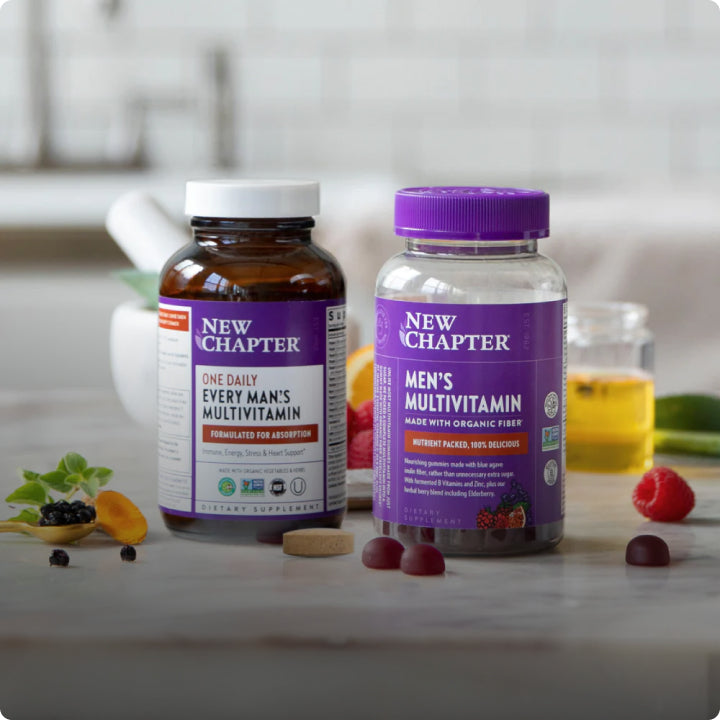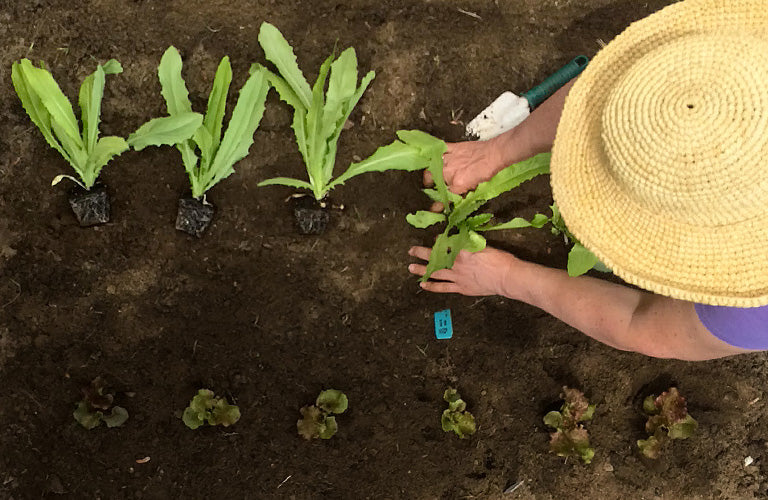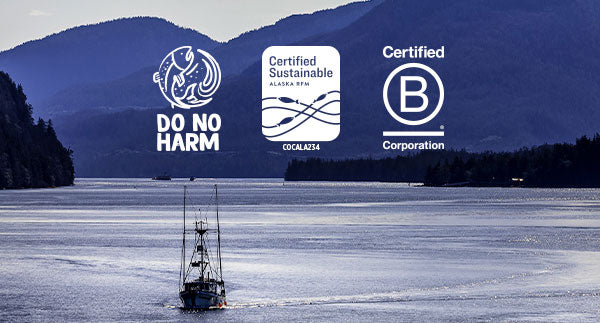Earth Day comes every year on April 22. Even if you’re practicing earth-friendly habits most of the time, Earth Day is a chance to take a fresh look. Our day-to-day choices really do matter for fostering the health of our planet… and ideally leaving it a little better off for future generations.
Earth Day unites us in evaluating and celebrating values and decisions that can make a difference. It’s a collaboration with thousands, even millions, of people around the world. Together, we have the power to create a healthy planet for all. Here are some tips on how to carry sustainability forward on Earth Day and every day.
1. Purchase products that are earth-friendly and made using sustainable practices.
New Chapter’s unwavering commitment to environmental stewardship has been central to our Mission since we began in 1982. For us, being Earth-friendly means using recyclable containers and packaging whenever possible, including our shipping boxes. It means being a zero-waste-to-landfill facility. It means seeking out suppliers who adhere to our principles and strive to lighten their impact on soil, air, wildlife, and the environment. It means taking time to check every act of business for sustainable benefits. We’re called “new chapter” because we’re continually seeking new and better ways to bring you the perfect ingredients from nature, sourced in ways that nurture the planet.
When you bring products into your life, take a little time to research them.
- Do they strive to have a lighter environmental impact, such as by sourcing organic ingredients or avoiding harmful chemicals?
- What is their stance on climate justice? Are they working to reduce greenhouse gas emissions?
- How does the company treat their workers? Do they give back to their communities and make an overall positive impact?
2. “Alone we can do so little; together we can do so much.” — Helen Keller
Everyday activities like the following can benefit the environment and decrease the collective carbon footprint:
- Download your music and audio books whenever possible to significantly reduce carbon dioxide emissions from streaming.
- Prepare more plant-centered meals.
- Walk, bike, or bus to work whenever you can—or create a carpool.
- Plant a tree—or 100! For example, find a tree-planting project in your community (or online).
- Visit your local farmer’s market and get to know the farmers. Consider joining a CSA (community supported agriculture), which is a way to directly support a farm.
New Chapter works with our suppliers to create production solutions that are beneficial for their employees, for their local communities, and for the earth.
3. “Healthy Soil = Healthy Food = Healthy People.” — G.I. Rodale
Whether you are a seasoned gardener or a newbie, discover regenerative, organic methods to grow healthy food.
- Aerate your soil with a broad fork, not a rototiller.
- “Chop and drop” weeds in your garden. Think of every plant as a nutrient storage system (including carbon). Cut weeds and leave them in the same area to break down. Plant matter can contribute nutrition and structure right back into your soil. (Some weeds are invasive though; these can be removed.)
- Use discarded cardboard and straw or leaf mulch to keep weeds at bay.
- Plant a mix of perennials and annuals to provide a healthy environment for microorganisms in your soil.
- Plant flowers that attract pollinators, to nourish beneficial insects in your area.
New Chapter has always been committed to using organic vegetables and herbs in our products and we have assisted farmers worldwide to transition to organic methods.
We also are a proud corporate partner with the Rodale Institute who are proving that organic agriculture methods outperform conventional agriculture. They are training farmers in economically beneficial, organic methods and demonstrating that growing and consuming organic produce can prevent and reverse disease. They’re also one of the powers behind Regenerative Organic Certification, a new kind of standard that goes beyond organic to ensure the holistic welfare of farms. Please check out Rodale’s work, it’s amazing and inspiring!
4. Material matters.
Waste reduction and diversion from landfills significantly decreases the amount of CO 2 released from those landfills. This is especially important for food waste. Paying attention to materials you bring into your home, and what happens to them after use, can impact both your local environment and total greenhouse gases.
- Compost your food waste in your backyard or a worm bin. The Environmental Protection Agency has tips for composting.
- Re-use containers when possible and reduce the purchase of products in plastic containers.
- Reduce trash by recycling cardboard, bottles, and cans.
- Look for products with recyclable packaging or no packaging.
New Chapter is a zero-waste-to-landfill facility, and in 2023 we recycled or composted 83% of our waste. This includes our closed-loop cardboard recycling system in partnership with our packaging supplier.
5. Healthy action starts where you live.
Support companies who engage workers respectfully and provide healthy, balanced working conditions. Solutions come from employees who are respected, which, in turn, contributes to the health of the greater community. Look for the Certified B Corp logo to identify businesses that are accountable for balancing people, planet, and profit.
New Chapter creates a healthy community of employees in many ways, including paid volunteer time, livable wages for all, and a healthy snack program. We are proud to be a Certified B Corp since 2014!
6. Celebrate Earth Day in your community.
Earth Day in April is a perfect time to assess how you’re making Earth-beneficial donations. Consider one-time donations to local organizations or pledge on-going support for a specific organization this year. Try to do more than liking or sharing #EarthDay content social media (though that’s good, too). How can you reach out to real people and groups where you live? Are there events going on in your area? Try something new!
At New Chapter, we’re environmental stewards focused on nourishing human health and we support national, regional, and local community organizations focused on those topics. Learn more at newchapter.com/our-mission
Thanks for taking time to think about our planet today. Want more tips? Check out Earthday.org for year-round sustainable actions.






